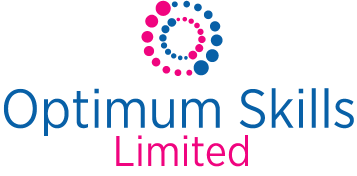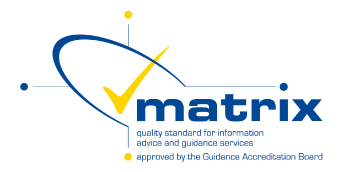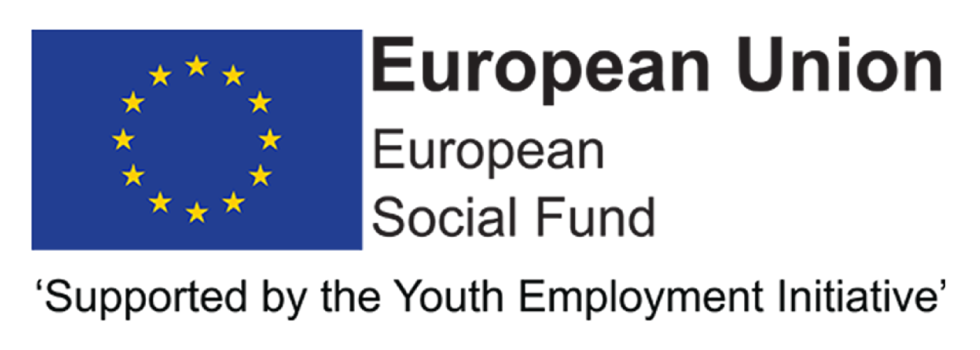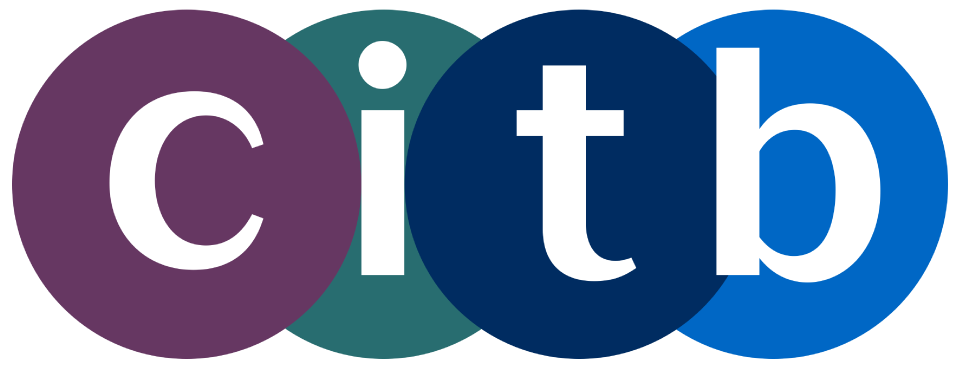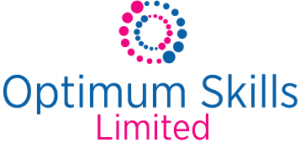Operations Departmental Manager Apprenticeship Level 5
Managing teams and projects in line with a private, public or voluntary organisation’s operational or departmental strategy.
An Operations or Departmental Manager is someone who manages teams and/or projects, and achieving operational or departmental goals and objectives, as part of the delivery of the organisations strategy. They are accountable to a more senior manager or business owner. Working in the private, public or third sector and in all sizes of organisation, specific responsibilities and job titles will vary, but the knowledge, skills and behaviours needed will be the same. Key responsibilities may include creating and delivering operational plans, managing projects, leading and managing teams, managing change, financial and resource management, talent management, coaching and mentoring. Roles may include: Operations manager, Regional manager, Divisional manager, Department manager and Specialist managers.
Training Programme
An Operations or Departmental Manager must have the following knowledge and skills. Understand operational management approaches and models. Understand business development tools, and approaches to continuous improvement. Understand operational business planning techniques, including how to manage resources, development of sales and marketing plans, setting targets and monitoring performance. Knowledge of management systems, processes and contingency planning. Understand how to initiate and manage change by identifying barriers and know how to overcome them. Understand data security and management, and the effective use of technology in an organisation. Understand approaches to risk management. Know how to set up and manage a project using relevant tools and techniques, and understand process management. How to manage budgets, and financial forecasting. Understand different leadership styles, how to lead multiple and remote teams and manage team leaders. Know how to motivate and improve performance, supporting people using coaching and mentoring approaches. Understand organisational cultures and diversity and their impact on leading and managing change. Know how to delegate effectively.
